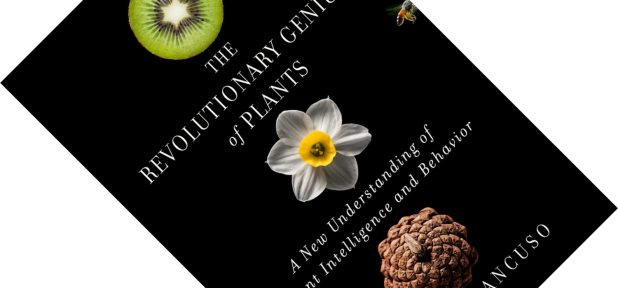In an earlier review, I said that botany was never my greatest love. With The Revolutionary Genius of Plants, Italian plant neurobiologist Stefano Mancuso does a very good job of changing my mind. In the preface, he implores readers to imagine what it is like to be a plant, unable to escape predators. How can you survive this onslaught? The answer: by becoming virtually indestructible. And the way plants do this is by having a body plan that is almost the inverse of animals. There was something so powerful about Mancuso’s writing here that he instantly drew me in.
botany
Book review – Land Bridges: Ancient Environments, Plant Migrations, and New World Connections
Before plate tectonics became an accepted idea in geology, Lyell’s doctrine of uniformitarianism still ruled supreme (see my review of Cataclysms: A New Geology for the Twenty-First Century for a short introduction). A corollary was that the continents supposedly had always been where they are now. One observation scholars had to explain away was that the same fossils occur on both sides of the various oceans. Looking at maps, some people noticed the thin strip of land connecting North and South America and concluded that land bridges must have formed and sunk beneath the waves at just the right times in history to enable migrations (see Four Revolutions in the Earth Sciences: From Heresy to Truth for more details). As explained in The Tectonic Plates are Moving!, we know better nowadays. Nevertheless, the concept of land bridges is still alive and well today, and palaeobotanist Alan Graham here introduces five of them, exploring their effects on biogeography, climate, and human history.
Book review – Buzz: The Nature and Necessity of Bees
Sure, I have been lectured about the birds and the bees, and yet I learned an awful lot more about the bees from Thor Hanson’s latest work Buzz: The Nature and Necessity of Bees. Hanson has previously written popular works about feathers and seeds, and in Buzz he turns his attention to bees. Already this book has garnered a lot of positive press and was Book of the Week on BBC Radio 4. Most people associate bees with honey and therefore with the honeybee, Apis mellifera, but Hanson specifically wants to talk about all the other thousands of bee species, many of which are as interesting and as important, even though some of them are diminutive and hardly noticed.



